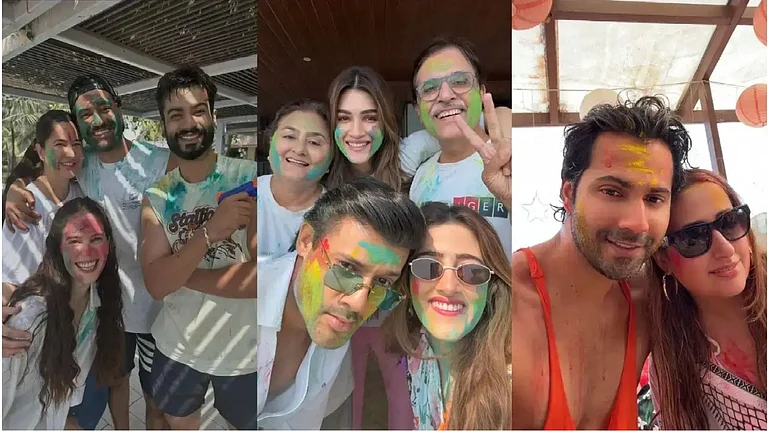A 61-year-old Indian-origin doctor has been suspended from medical practice for three years by a Singaporean tribunal after he improperly prescribed long-term sedatives to his patients, according to a media report on Thursday.
Dr Maninder Singh Shahi, a family doctor with 35 years of experience, was suspended by the Singapore Disciplinary Tribunal after it was discovered that he was prescribing sedative medicines to seven of his patients, three of whom were elderly, his clinic for more than a decade, Channel News Asia reported. "An Indian-origin doctor named Dr Maninder Singh Shahi has been suspended from medical practice for three years by a Singapore disciplinary tribunal for improperly prescribed long-term sedative medication to seven patients from his clinic for more than a decade," said the report.
The family doctor with 35 years of experience also failed to document his reasons for repeatedly prescribing such medication to one patient. In its grounds of decision released on Tuesday (January 9), the three-member tribunal accepted the Singapore Medical Council (SMC)’s submissions for the suspension but rejected Dr Singh’s argument for a reduction in sentence due to a delay in prosecution.
Dr Singh practised at 81 Family Clinic located in Marine Parade Central at the time. It has since been renamed Legacy Clinic, the report said. He pleaded guilty before the tribunal to 14 charges of professional misconduct in relation to his actions from 2002 to 2016.
"These charges included inappropriately prescribing benzodiazepines, zopiclone or zolpidem; failing to refer patients or refer them in a timely manner to a psychiatrist or medical specialist; and failing to maintain sufficient details in patients’ medical records," the report said. Benzodiazepines treat a range of conditions such as insomnia and anxiety, while zolpidem and zopiclone are non-benzodiazepine drugs that treat insomnia.
Dr Singh prescribed these medications to the affected patients for periods ranging from seven years to 13 years and eight months. The patient that Dr Singh treated the longest, only identified as P3, consulted him more than 300 times for insomnia.
Under the SMC ethical code and guidelines, doctors are supposed to either prescribe these medications for intermittent use or short-term relief of between two to four weeks. They are also required to limit chronic benzodiazepine prescriptions where possible, said the report. The SMC argued that Dr Singh exposed his patients to substantial potential for serious injury or harm through his inappropriate prescriptions for hypnotics.
These long-term prescriptions “undoubtedly created and/or fuelled his patients’ dependence and tolerance” towards the medications, added the SMC. "Disciplinary tribunals have … repeatedly emphasised that the main sentencing principle in cases involving inappropriate prescriptions of benzodiazepines and non-benzodiazepine hypnotics is that of deterrence, given that such misconduct appears to be ever more prevalent,” it noted.
In his mitigation, Dr Singh said that he was not motivated by profit or greed, but wanted to help his patients by prescribing hypnotics to them. According to Dr Singh, he also tried to refer three patients to a psychiatrist but they were not keen to do so.
In that situation, he did not want to alienate them and felt it was important that they remained in his care, where he could continue to monitor their condition. Dr Singh also said he ran an “extremely busy” practice, seeing as many as 40 to 70 patients every day for many years. He has since handed over primary care of the clinic to his daughter and has been seeing patients only in the evenings.

















